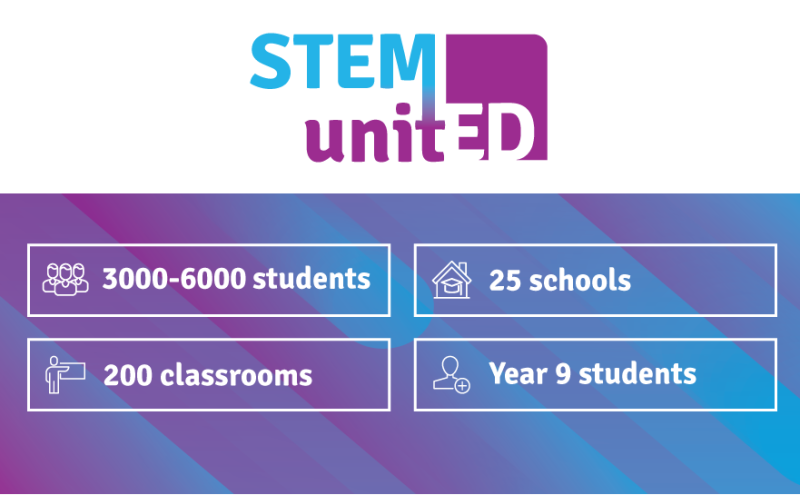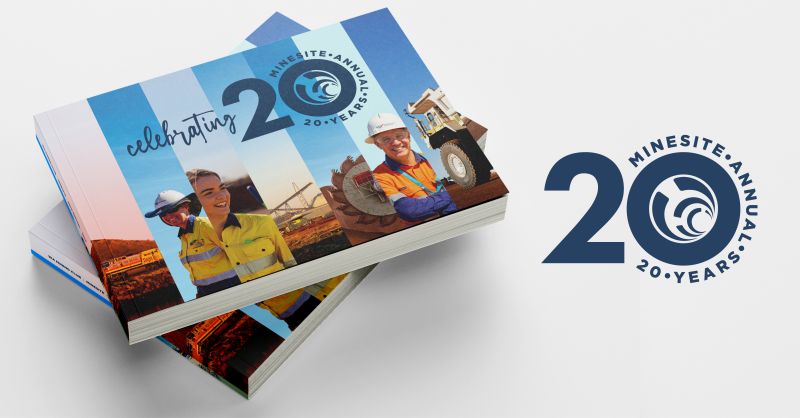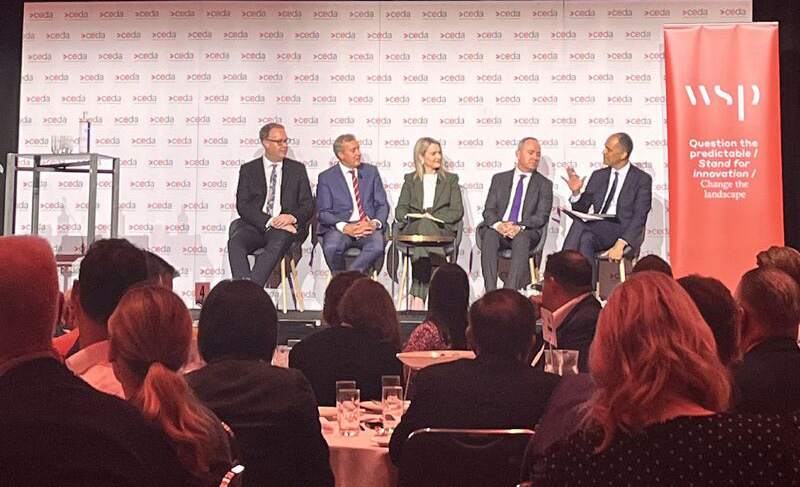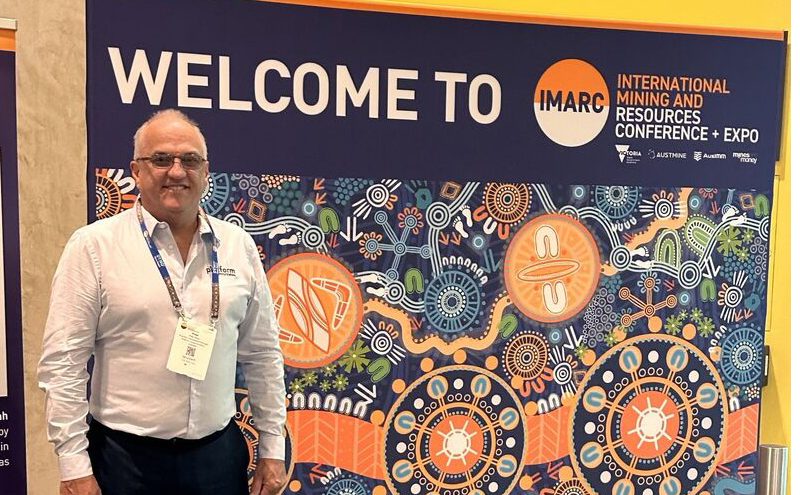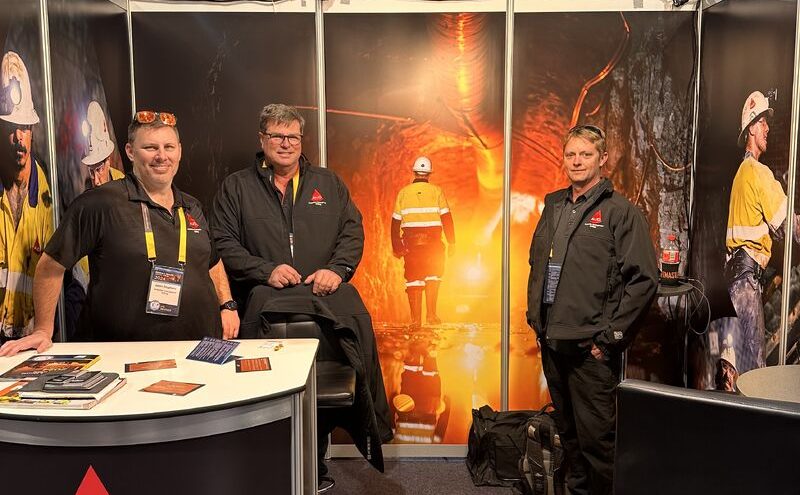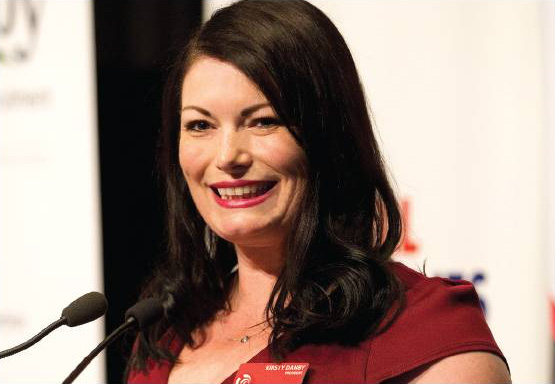With the launch of STEM unitED, a school program aimed at promoting careers in STEM, the program is set to reach up to 6000 students this year and aims to promote the use of digital technology and develop the skills required by emerging STEM jobs.
Fire Tech Managing Director, Andrea Conte, says there is a need to educate students on the importance of a career in STEM, especially with the steady decline of students joining and graduating from STEM related disciplines.
“We see an opportunity to encourage future generations understand why STEM is crucial to their future. According to a recent Foundation for Young Australians report, 75% of all future work roles will require STEM skills. Connecting students to these career opportunities is very important”
Students will to the use of robotics and drones, Fire Tech’s new program will aim bridge the gap between their interest in STEM+ and its real-world applications.
“With industries increasingly adopting robotics and drone technology, it is vital that the workforce of the future is well versed in these technical skills and where they can be applied.”
The program has been created in collaboration between RUC, WA Mining Club and Platform Communications.
Platform Director and WA Mining Club President, Kirsty Danby said “The WA Mining Club has been aware of this issue for a few years and has been working behind the scenes to understand what they can do about it, what we found was that our industry isn’t good at presenting a united front to educate students, their families and teachers on the value of STEM, and a career in mining.”
Andrea Conte said, “Support from the funding partners RUC, WA Mining Club and Platform Communications allows Fire Tech to offer free STEM sessions to low and mid socio-economic status schools.”
“We will facilitate two classes of Year 9 students per school, up to a maximum of 50 schools for the 2019 school year, with two sessions taught in the year,” explains Mr Conte. “We aim to reach 3000 to 6000 students this year, and 20000 by the end of 2020.”
